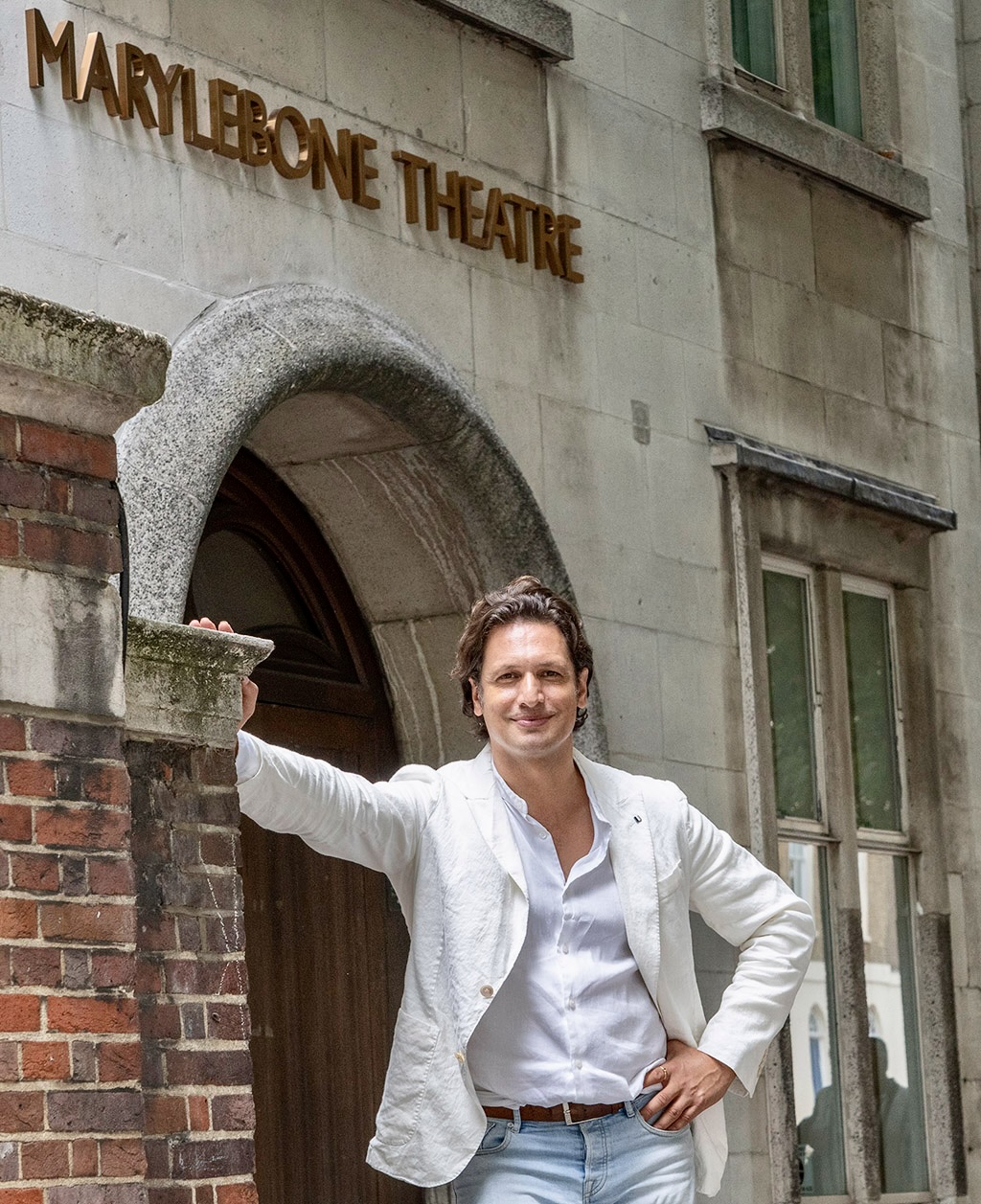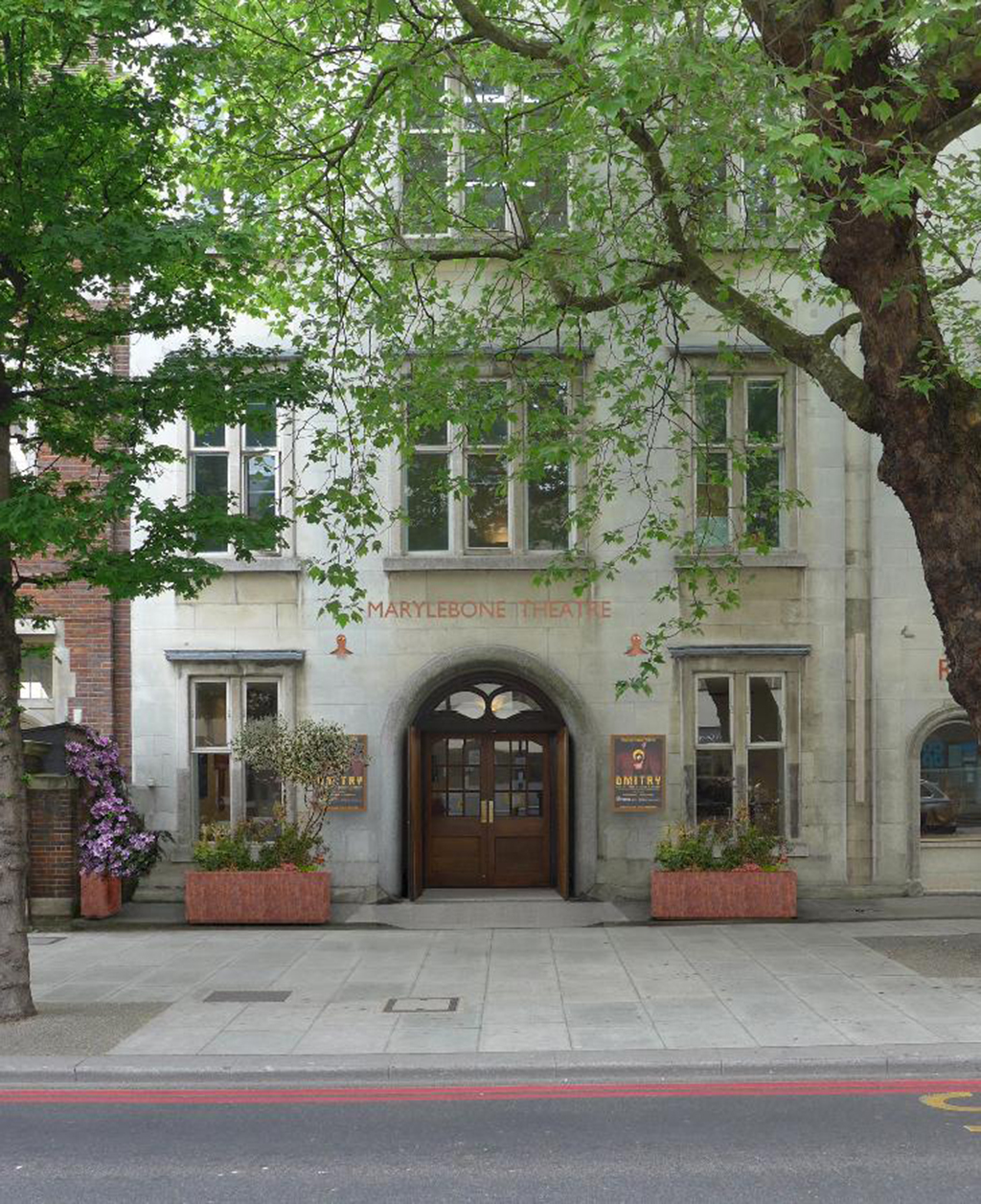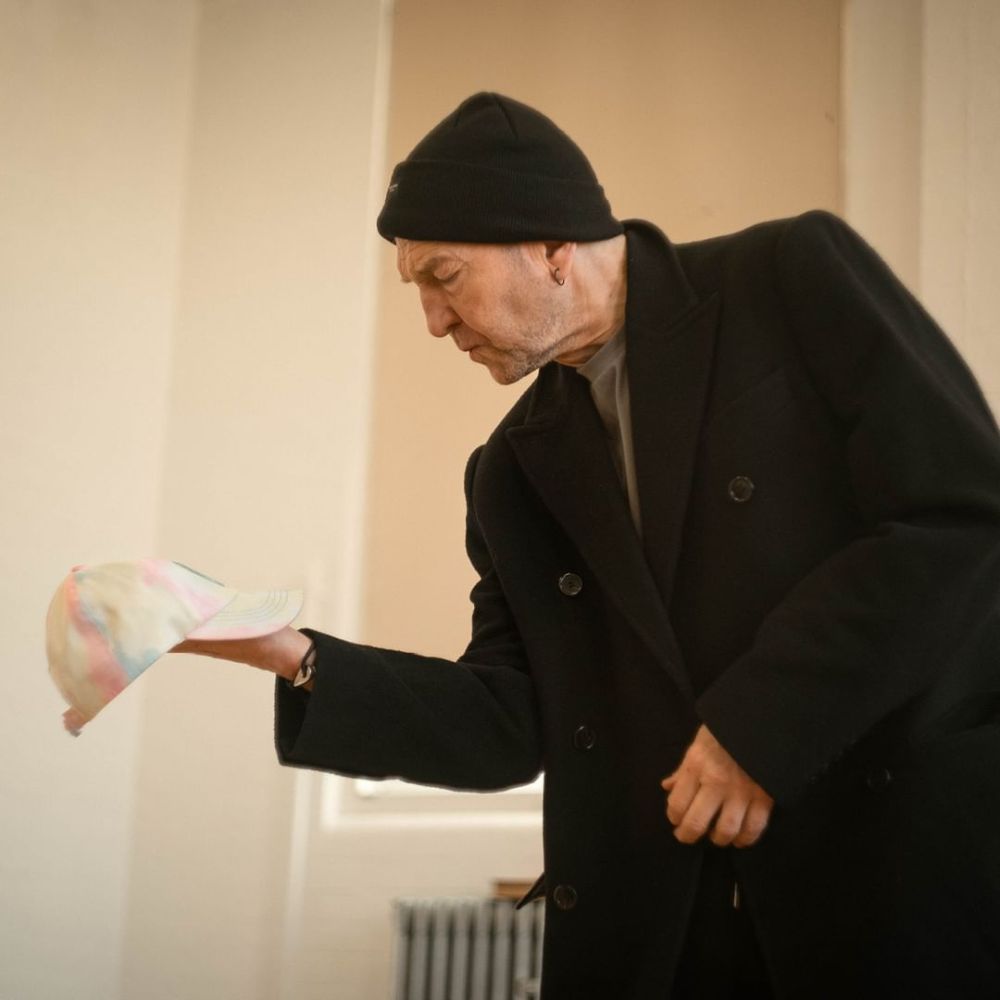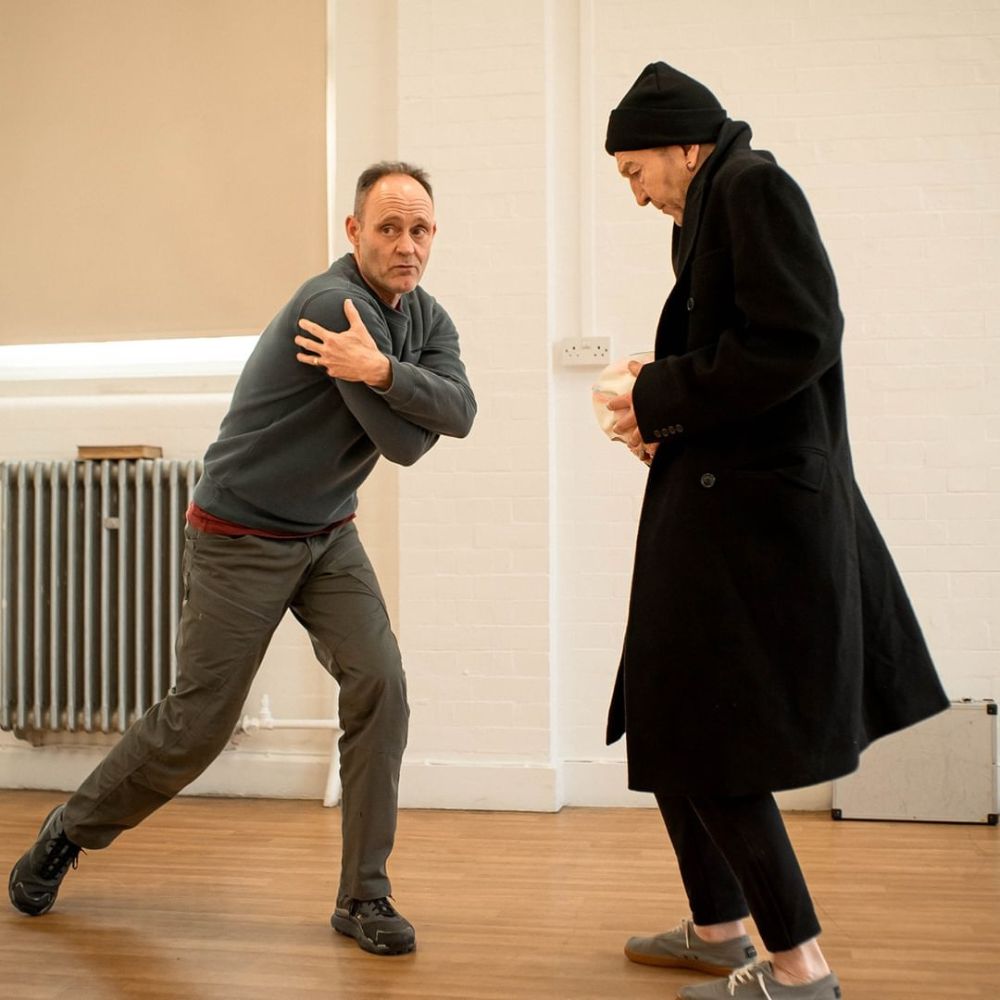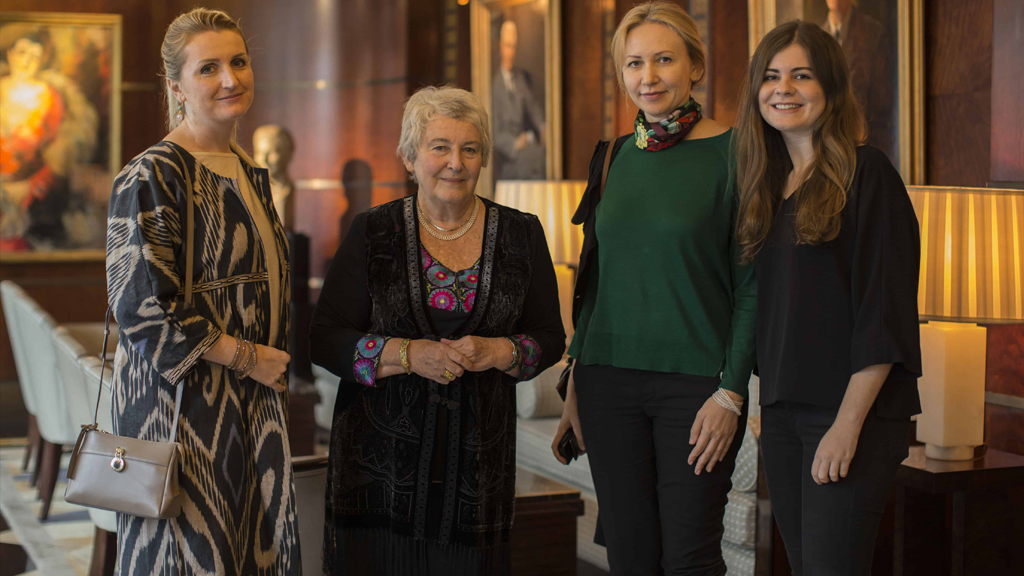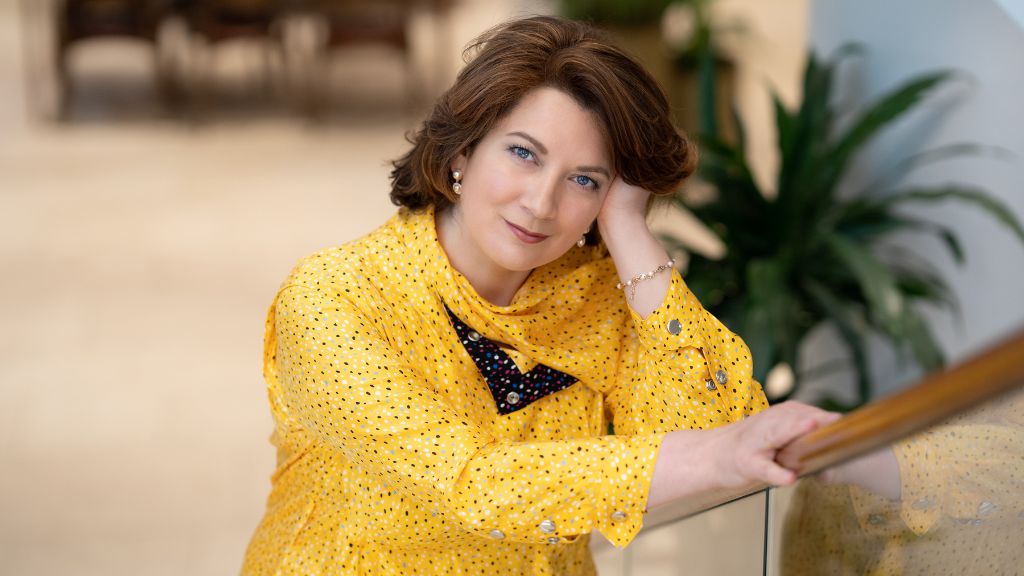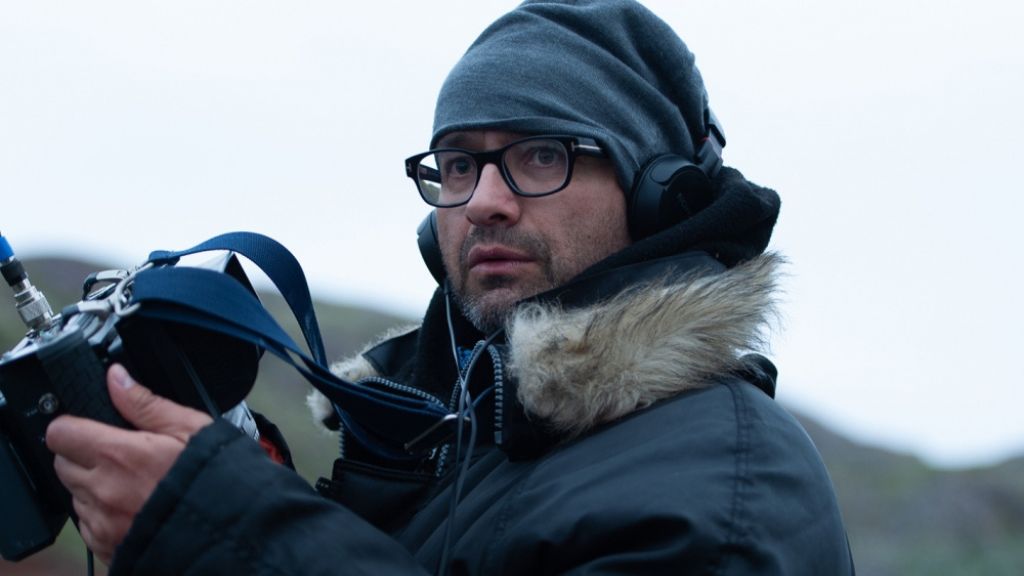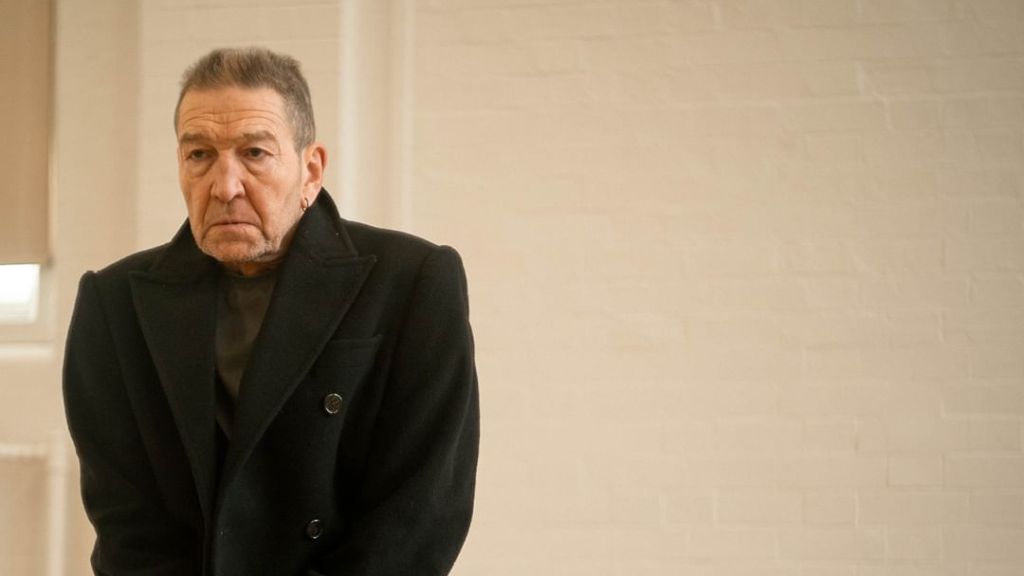
A Cultural Bridge in Tense Times: The Dream of the Ridiculous Man by Dostoevsky at Marylebone Theatre
From March 21st, London’s Marylebone Theatre will become the stage for a captivating rendition of Dostoevsky’s “The Dream of the Ridiculous Man”. In an era where geopolitical tensions loom large, this production emerges not just as an artistic endeavour but as a poignant exploration of cultural representation and the power of Russian classics to foster understanding. Margarita Bagrova, editor-in-chief of Afisha.London magazine, discussed with Alexander Gifford, the Artistic Director of Marylebone Theatre, how cultural works serve as a medium for dialogue in times of geopolitical discord, especially concerning Russian literature’s legacy and its contemporary relevance.
Alexander Gifford reminisced about discussions held 18 months prior, emphasizing the theatre’s commitment to cultural diversity. He articulated a concern over the tendency to vilify ‘the other’ in conflict situations—a trend transcending the specificities of West-Russia relations. “In times of conflict, there’s a tendency to simplify and vilify, facilitating justification for hostilities,” he noted, stressing the importance of counteracting this narrative by showcasing the richness of ‘the other’. Gifford highlighted the British respect for Russian literature, from Dickens to Isaiah Berlin, underscoring the intention behind staging Russian classics. “Our aim is to illuminate the true essence of Russia, rooted in the legacies of Tolstoy, Dostoevsky, Chekhov, and Solovyov, beyond the contemporary political discourse,” he stated.
“Our ambition extends beyond mere theatrical presentations; we are committed to cultural diplomacy, aiming to underscore the profound, common values that unite our nations while confronting the reductive views often imposed on national identities. It is our aspiration to cultivate a deeper understanding and respect for the multifaceted nature of Russian culture. Nestled within the Rudolf Steiner House, our theatre is significantly inspired by Steiner’s philosophies, an inspiration shared by Michael Chekhov— or Misha, as he was endearingly known. Chekhov’s transition from the legendary Moscow Art Theatre, where he worked with Stanislavski, to instructing Hollywood legends like Marilyn Monroe, epitomizes our intrinsic ties, further enriched by Steiner’s enduring legacy.
- Alexander J Gifford. Photo: Rob Taggart
- Photo: Marylebone Theatre
— Your theatre’s identity is deeply interwoven with the works of literary masters. The decision to feature Dostoyevsky and Gogol is quite inspired. Could you shed light on what sparked this direction at this juncture, especially given its profound relevance in today’s global context?
— The impetus came from Laurence Boswell, our writer and director. He presented ‘The Dream of a Ridiculous Man’ with such a palpable connection to its essence that it struck a chord with me. The piece delves into themes of despair and redemption, leading to a spiritual awakening and the envisioning of an ideal form of humanity. In an era grappling with existential threats and the call for a shift in our spiritual outlook, the story’s examination of human nature’s depths and the dualism of our potential and flaws provides timely social commentary.
— The play uniquely features a solo actor. In your view, does this represent an opportunity or a considerable challenge? Crafting an engaging solo performance is no small feat, as demonstrated by the likes of ‘Uncle Vanya’ with Andrew Scott, and ‘The Portrait of Dorian Gray’ in London. As a director, how do you navigate the complexities and the inherent responsibilities of a one-person show?
— Mounting a one-actor play is an immense responsibility, and Greg Hicks, a stalwart of British theatre with a distinguished history at prestigious institutions like the National Theatre and the Royal Shakespeare Company, was essential for its success. At over 70, his depth of experience enriches the solo performance, avoiding monotony and ensuring a compelling experience. It took a year to bring this play from script to stage, with its universal themes of existential concern and humanity’s impact on the earth striking a chord in today’s climate. This message’s relevance compelled me to undertake the project, confident that its examination of deep human experiences would resonate with a wide audience, from the young to the elderly.
— Russian classics often undergo a transformation for the stage, transitioning from their original era to a contemporary setting, though there are notable exceptions like the recent production of ‘Uncle Vanya’ featuring James Lance, which we reviewed. With these adaptations becoming common, do English audiences lean towards these updated narratives, or is there still an appetite for the authenticity of classic, period settings?
— Indeed, the English audience holds a fondness for costume dramas that reflect their own storied past. There’s a particular nostalgia that comes with those pieces, a yearning for the history of England. The English nostalgia is very much for their own past rather than a global, or in this case, a Russian historical backdrop. Modern adaptations that resonate with the current issues and experiences might find a warmer reception, as they offer a direct relevance to today’s societal discourse. This isn’t to say historical settings are out of favour, but rather that there’s a leaning towards narratives that reflect the contemporary English zeitgeist.
Read more: A British Perspective on Russian Classics: James Lance as “Uncle Vanya”
— To what extent do you identify with the protagonist’s belief that a new, better world can be created through love and trust?
— I wholeheartedly embrace the protagonist’s ideal of shaping a superior world founded on love and trust. This vision is the driving force behind our production. It’s a rare treasure to find a play so suffused with a powerful sense of hope—a hope that’s sincere and pure. We’re taken on a journey that delves deep into the heart of human nature, touching upon evil, fallibility, and sorrow, yet it proposes that amidst our current adversities, we have the capacity to pave the way for a brighter future. The narrative is crafted with a deep understanding of human complexities, not from a place of naivety or unfounded optimism. It is this thoughtful contemplation of our innate ability to change and grow that makes the play’s message especially pertinent and vital in our era.
- Фото: @marylebonetheatre
- Фото: @marylebonetheatre
It becomes evident that Marylebone Theatre’s production of “The Dream of the Ridiculous Man” transcends mere entertainment. It stands as a cultural and philosophical bridge, inviting audiences to engage deeply with the essence of humanity and the prospects for a brighter future amidst prevailing tensions.
The adaptation of Dostoevsky’s work “The Dream of the Ridiculous Man” at Marylebone Theatre from 21 March to 20 April — tickets here.
Cover photo: @marylebonetheatre
Read more:
Dostoevsky in London and his influence on the British classics
The UK and beyond: film adaptations of Fyodor Dostoevsky’s books
Yehudi Menuhin in London: prodigy, violinist and goodwill ambassador
SUBSCRIBE
Receive our digest once a week with quality Russian events and articles

